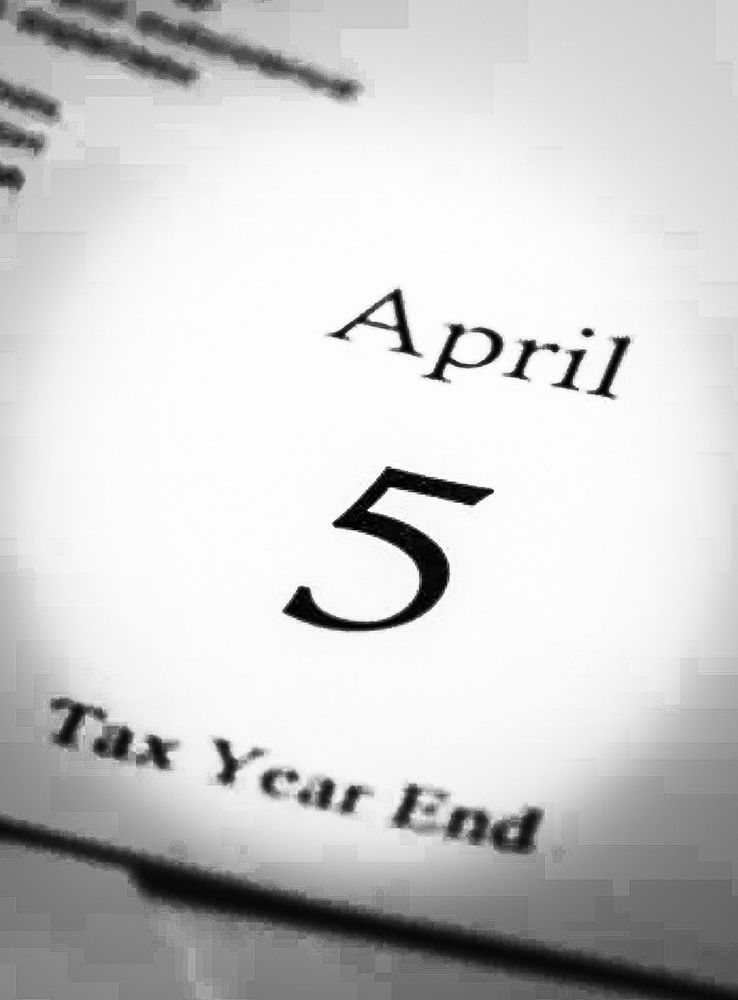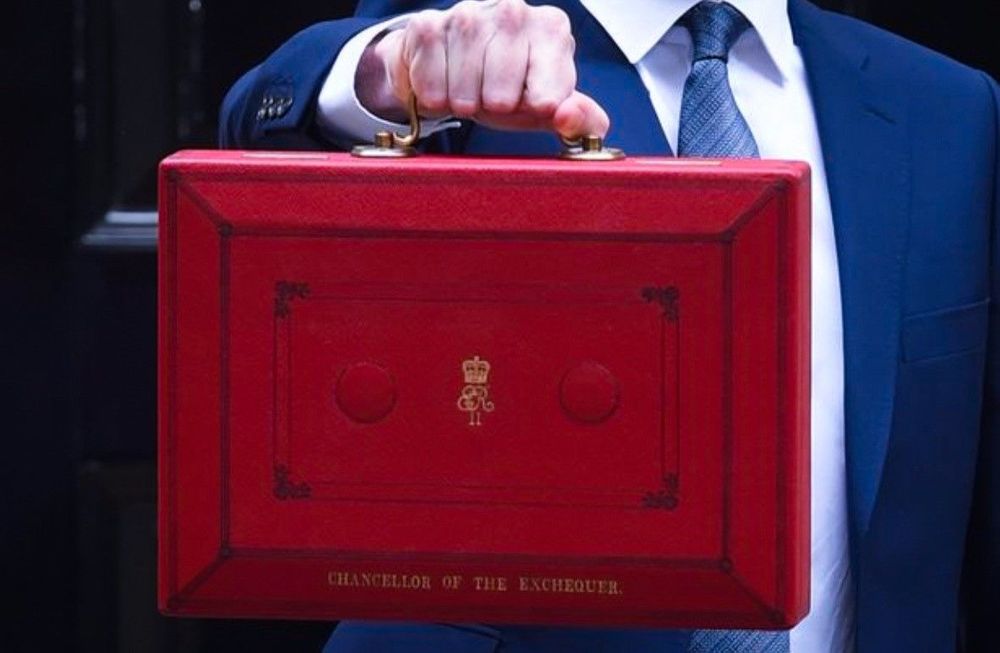The big news from the Chancellor's budget speech is that the the lifetime limit on tax-free pensions savings will be abolished.
In addition, the annual tax-free pension allowance will rise from £40,000 to £60,000.
Both allowances have been cut since 2010, raising about £8bn of extra taxes for the government according to the Institute for Fiscal Studies (IFS). We feel that these changes are a positive move for pension planning.
In November, the government confirmed that the state pension would go up by 10.1% - in line with September's Consumer Prices Index (CPI) measure of inflation.
For people who have reached the qualifying age and have paid enough national insurance contributions, from April 2023 payments will be:
- £203.85 a week (up from £185.15) for the full, new flat-rate state pension (for those who reached state pension age after April 2016)
- £156.20 a week (up from £141.85) for the full, old basic state pension (for those who reached state pension age before April 2016)
When will you be eligible for a state pension -
Men and women born between 6 October, 1954 and 5 April, 1960 start receiving theirs at the age of 66.
However, for people born after this date, the state pension age is gradually increasing to 67 by 2028 and 68 by 2046.





